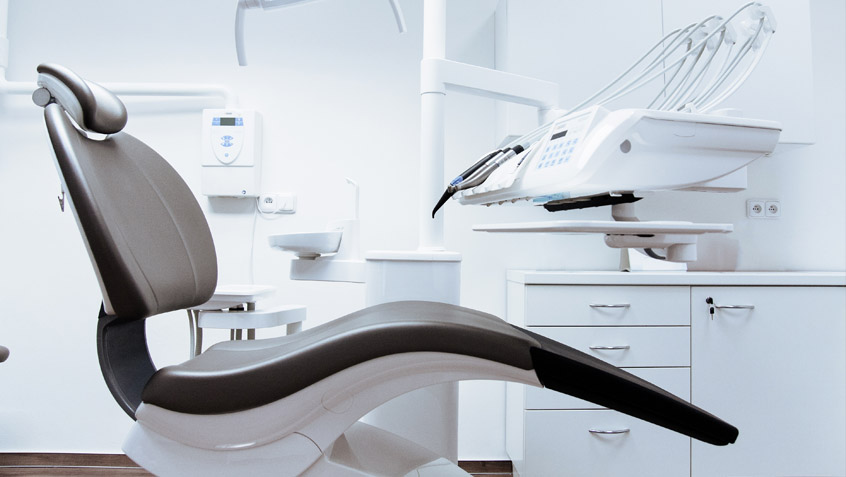Lack of Dental Coverage has Real Costs and Consequences for People with Medicare

This week, the nonpartisan Kaiser Family Foundation (KFF) released an issue brief examining the issue of oral health for people on Medicare. It describes the consequences of foregoing dental care, current sources of dental coverage, use of dental services, and related out-of-pocket spending.
Despite the evidence that oral health is related to physical health, Original Medicare does not cover most dental care needs. While some Medicare Advantage plans may offer dental benefits, this coverage is often limited, and its availability can vary considerably across plans. As a result, many people with Medicare often lack adequate oral health coverage, which exposes them to serious health complications and high out-of-pocket spending.
According to KFF, the majority of people with Medicare face these risks. Most beneficiaries (65%) do not have any dental coverage, and nearly half have not been to the dentist in the past year. Among those who did seek treatment, nearly 20% spent over $1,000 out-of-pocket. Such an expense is not affordable for many beneficiaries, half of whom have annual incomes below $26,200.
KFF found cost to be a considerable challenge, estimating that 10% of all beneficiaries skipped needed dental care in the past year because they could not afford it; those with disabilities, lower incomes, or relatively poor health faced even greater affordability barriers. Other recent studies agree, having found that in a given year, three-quarters of low-income Medicare beneficiaries do not receive any dental care at all.
Lack of coverage can have significant health consequences. The resulting unmet need can lead to increased direct oral health problems such as lost teeth, cavities, or gum disease. Having no natural teeth can also cause nutritional deficiencies and related health problems, including social isolation.
Untreated dental problems can also cause or exacerbate other health conditions. This can include increased risk of cardiovascular disease and cancer, as well as poor blood sugar control for diabetics. Dental exams can also be an important preventive tool, helping to identify underlying problems like infections and certain cancers.
Medicare Rights continues to support legislative and administrative efforts to bring dental benefits to people with Medicare. We urge the Centers for Medicare & Medicaid Services to use its existing authority to allow for Medicare coverage of medically necessary dental care. We also call upon Congress to pass legislation adding a comprehensive oral health benefit—one that includes both preventive and restorative care—to Part B. These changes will help ensure all beneficiaries have access to the affordable, high-quality care they need.
Read more about our support for comprehensive dental benefits in Medicare.
The Latest
Most Read
Congress Moves to Cut Medicaid
Threats to the Social Security Administration and to Benefits Continue to Raise Alarm
House Adopts Senate Budget Plan, Laying the Groundwork for Significant Health Care Cuts
Trump Administration and DOGE Eliminate Staff Who Help Older Adults and People With Disabilities
Add Medicare to Your Inbox
Sign up to receive Medicare news, policy developments, and other useful updates from the Medicare Rights.
View this profile on InstagramMedicare Rights Center (@medicarerights) • Instagram photos and videos









